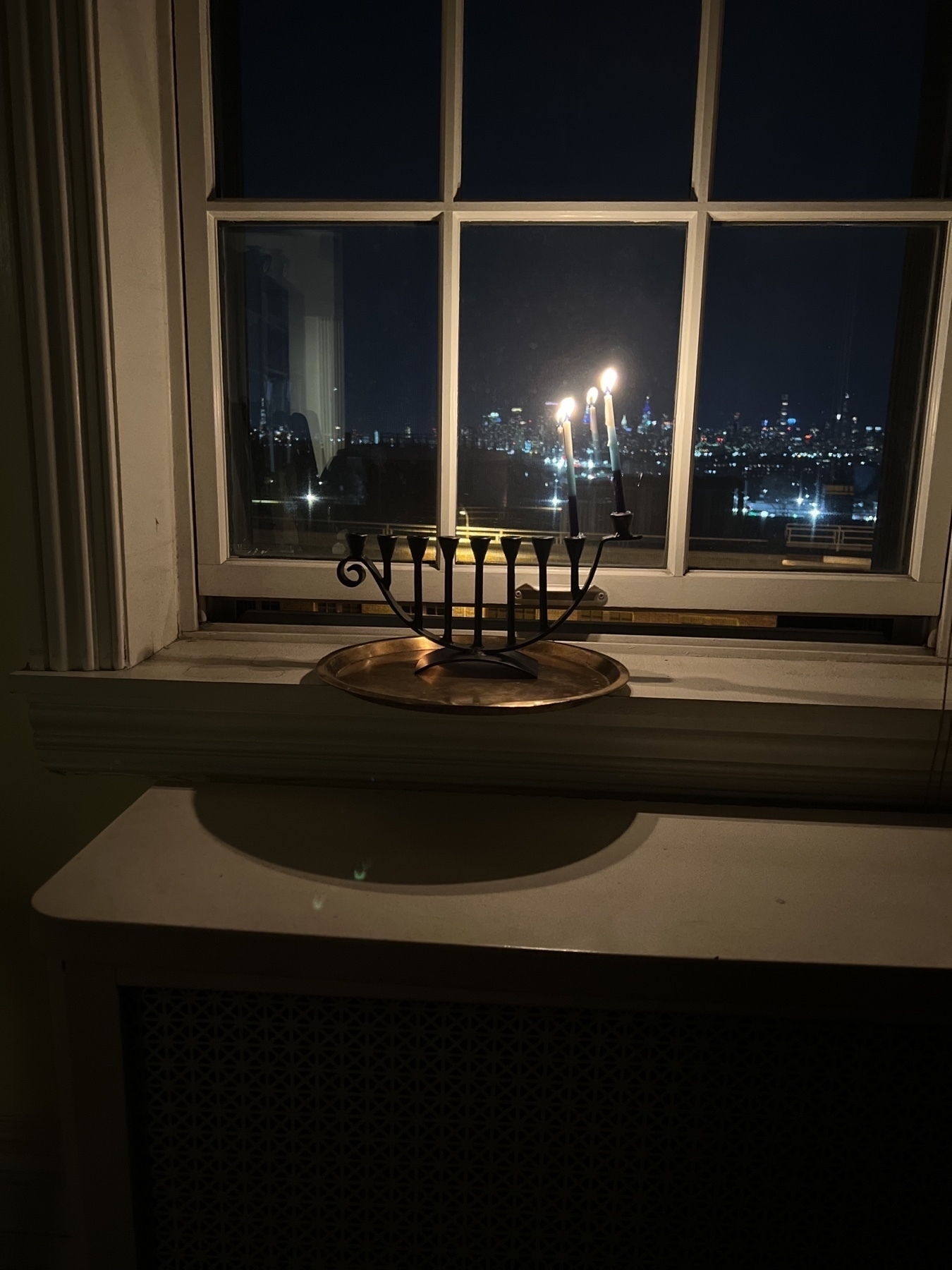Bookshelf Juxtapositions #126

Bookshelf Juxtapositions #126

Adventures in Spam
Just checked my spam folder, as I do every so often, and, apparently, Guillermo Del Toro—I assume the spacing is important—wants to make a movie of my book of poems, Words For What Those Men Have Done. He needs to fire whoever’s proofreading his emails

I feel like I just traveled back in time submitting an essay pitch using an SASE. I hadn’t done it in so long, I had to triple and quadruple check I’d done it correctly.
That’s Beauty on my left and Gypsy in my lap. I’d take them both home in a heartbeat, if I could. I come to my mother’s dog rescue, Wilma’s Orphans, to get my dog fix.

I’d like to accomplish at least one of two things today: finish a grant application and complete (if not submit) an article pitch. If I can do both, I’ll have an excuse to celebrate this evening.
Bookshelf Juxtapositions #125

Bookshelf Juxtapositions #124
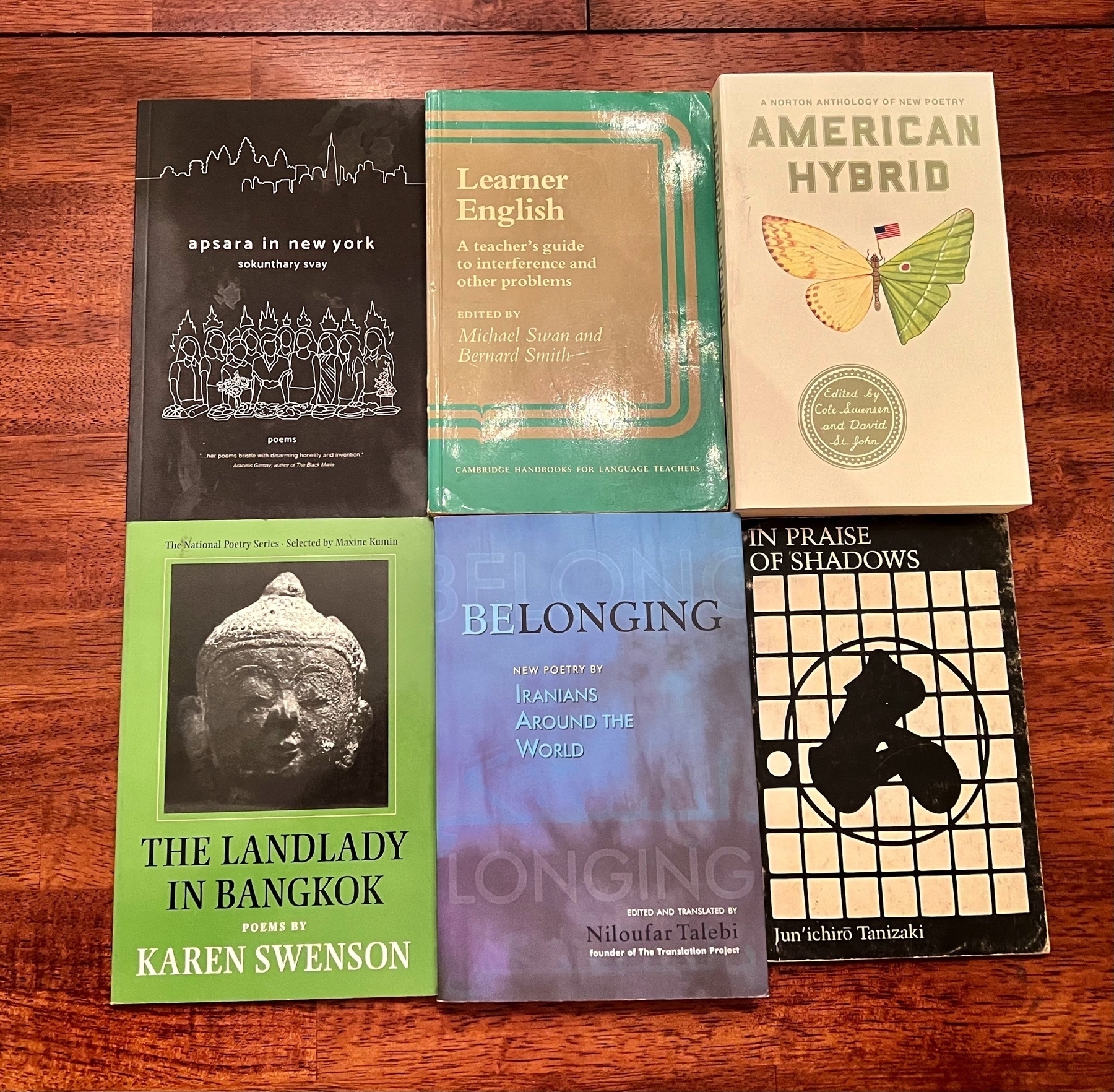
Bookshelf Juxtapositions #123

Bookshelf Juxtapositions #122
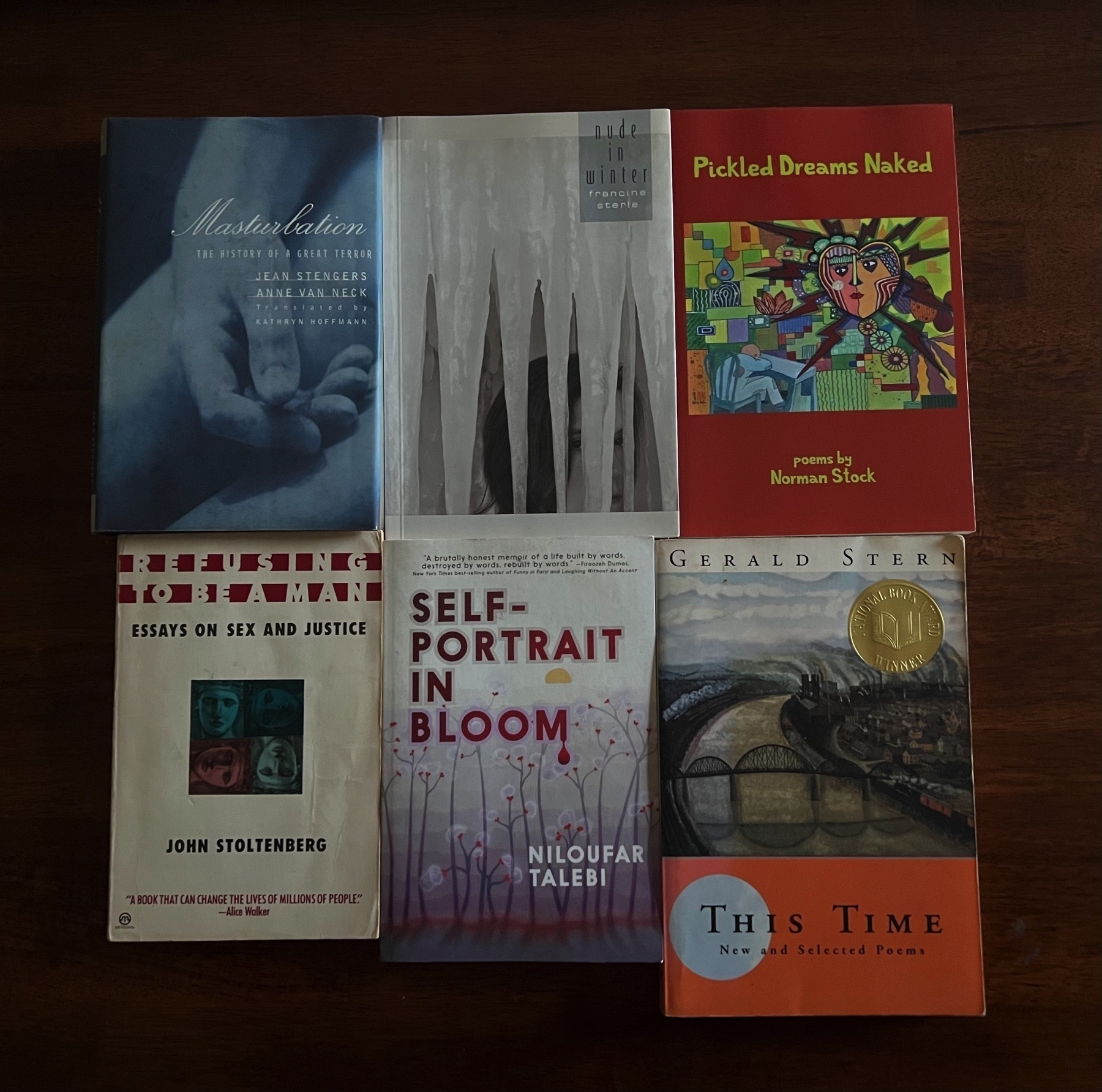
Bookshelf Juxtaposition #121
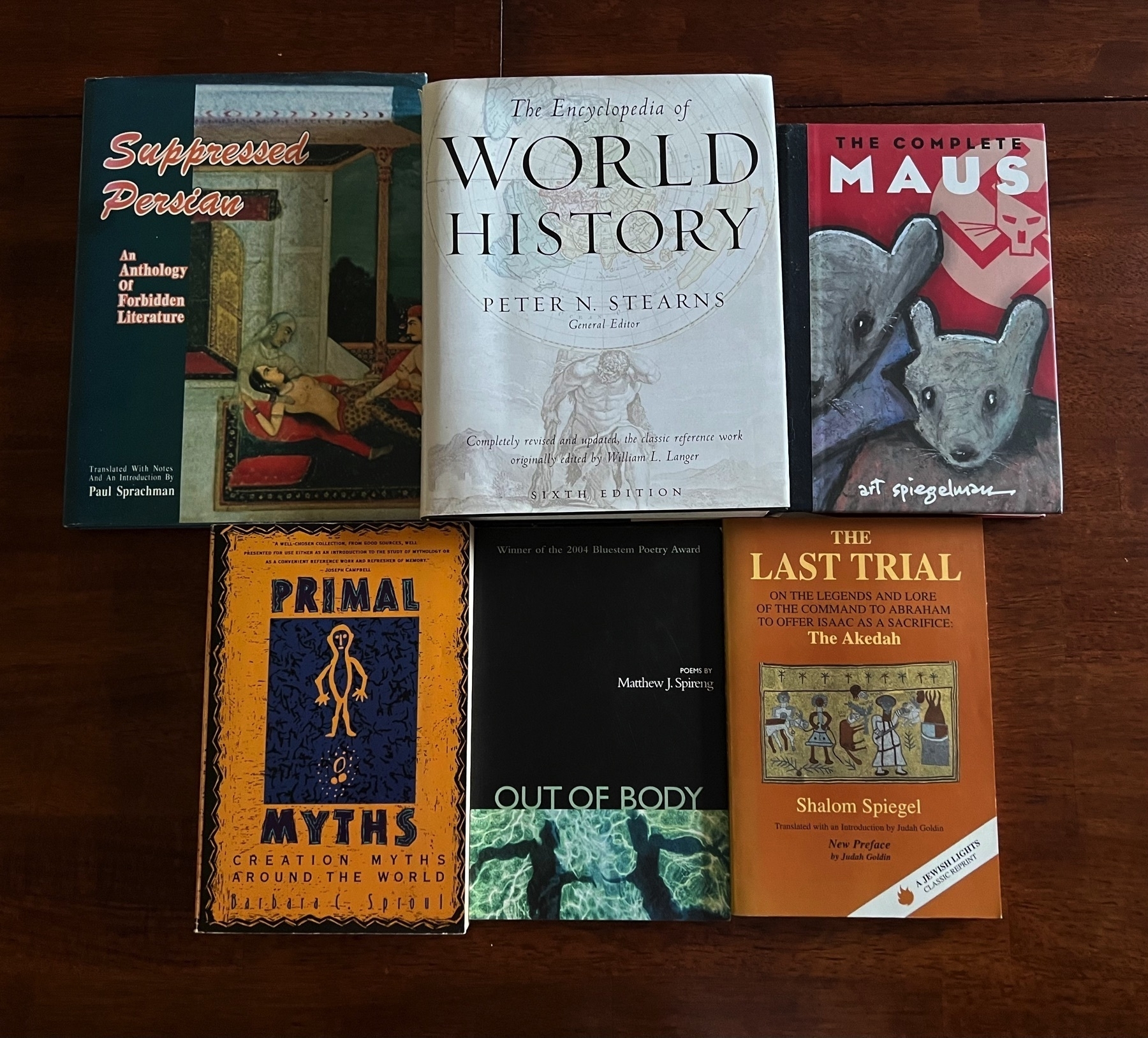
A Turkish student in one of my ESL classes gave me this as a gift more than twenty-five years ago. Looking at it now, I remember how much I cherished the personal connections I was able to make with ESL students. I miss that, but my professional life is just so different now…
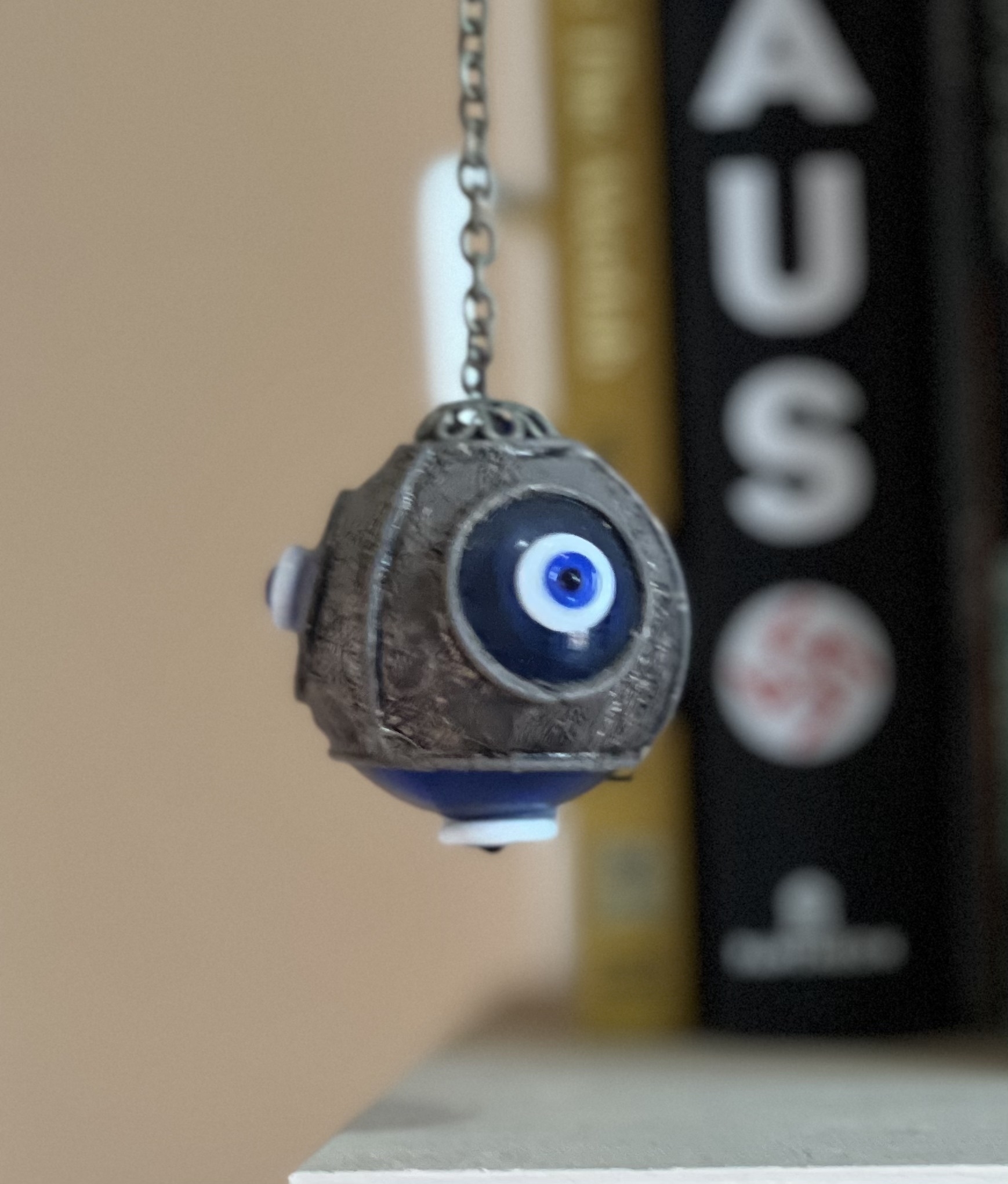
Bookshelf Juxtapositions #120

Bookshelf Juxtapositions #119

Did I do that?
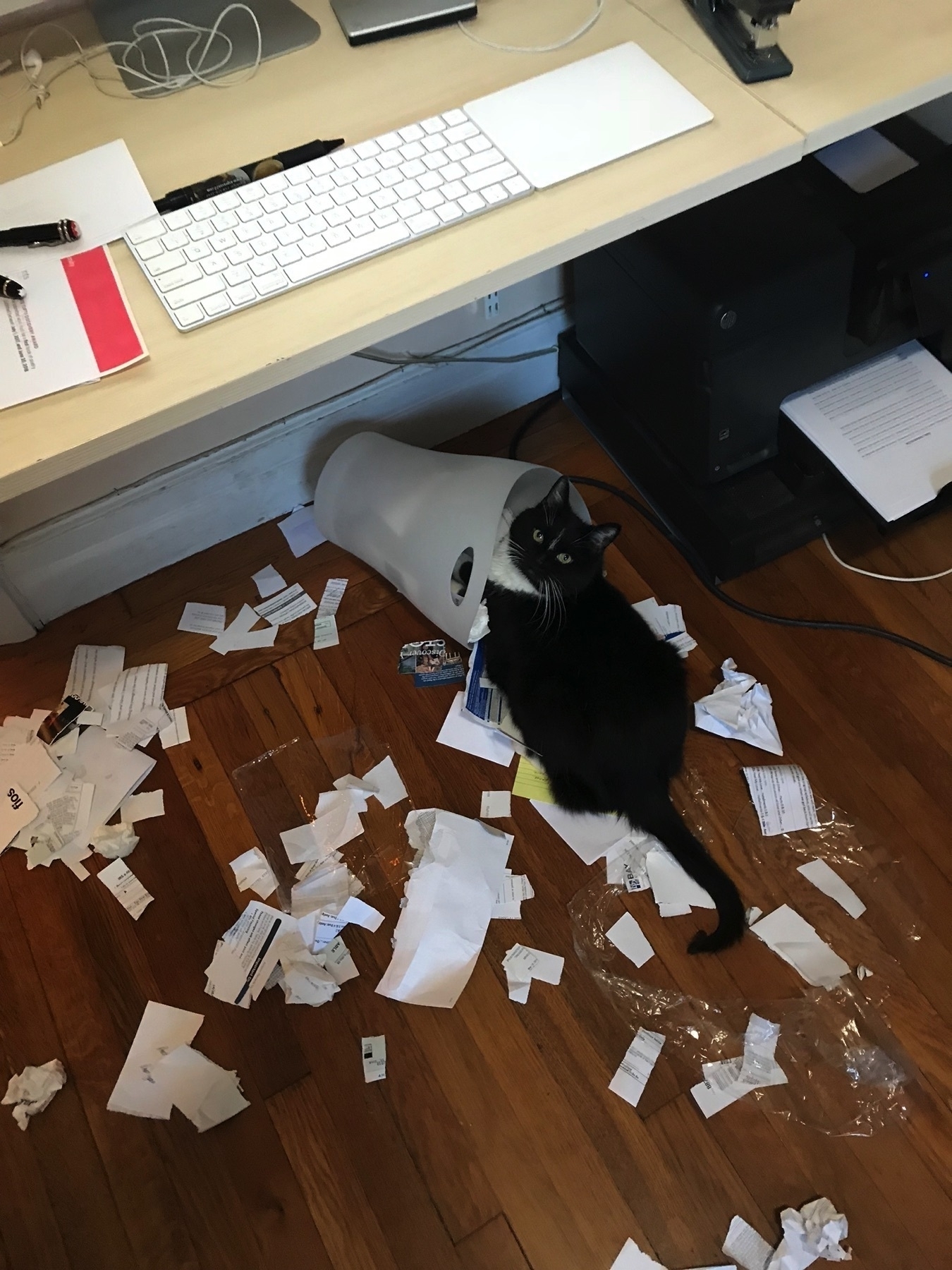
Playing with the edit function on my iPad.

Because I’m tired of looking at the snow.

When reframing a pitch helps you realize that the pitch itself needs to go to an entirely different publication, and while you’re grateful for that clarity, you’re also a little daunted, because you know the newly framed piece will be harder to write.
My weekend reading for the last two nights of Chanukah:

Not finished yet. I just got to the kidnapping, but it’s a really good book. You should read it.
I don’t usually announce the publication of a review I’ve written, but, in light of what I’ve read about the new Israeli government, this is a review of a book of poems by a poet who wholeheartedly endorses what that government stands for. I’ll let the review speak for itself.
Orchid on the fourth night against the skyline backdrop.
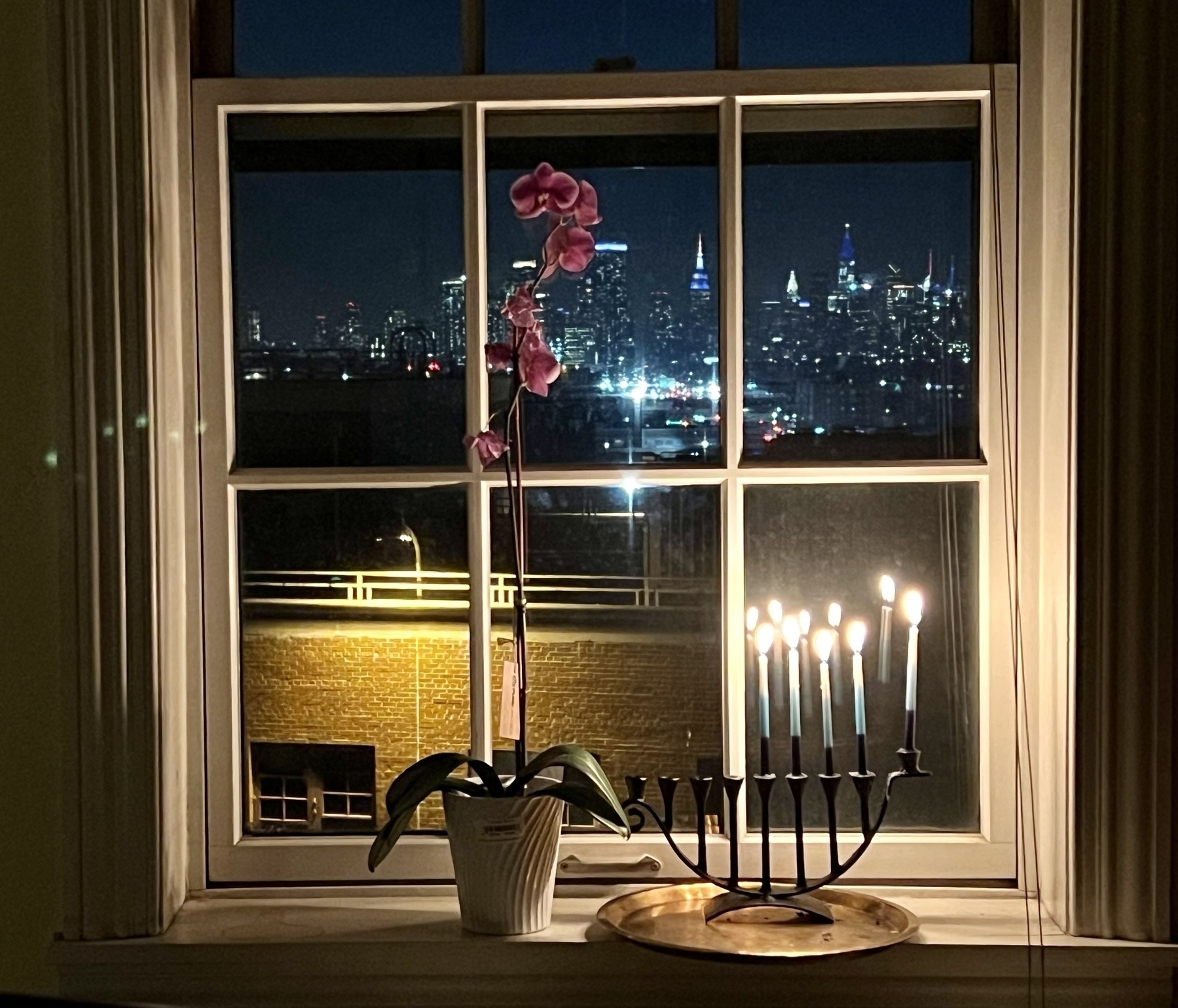
Bookshelf Juxtapositions #118
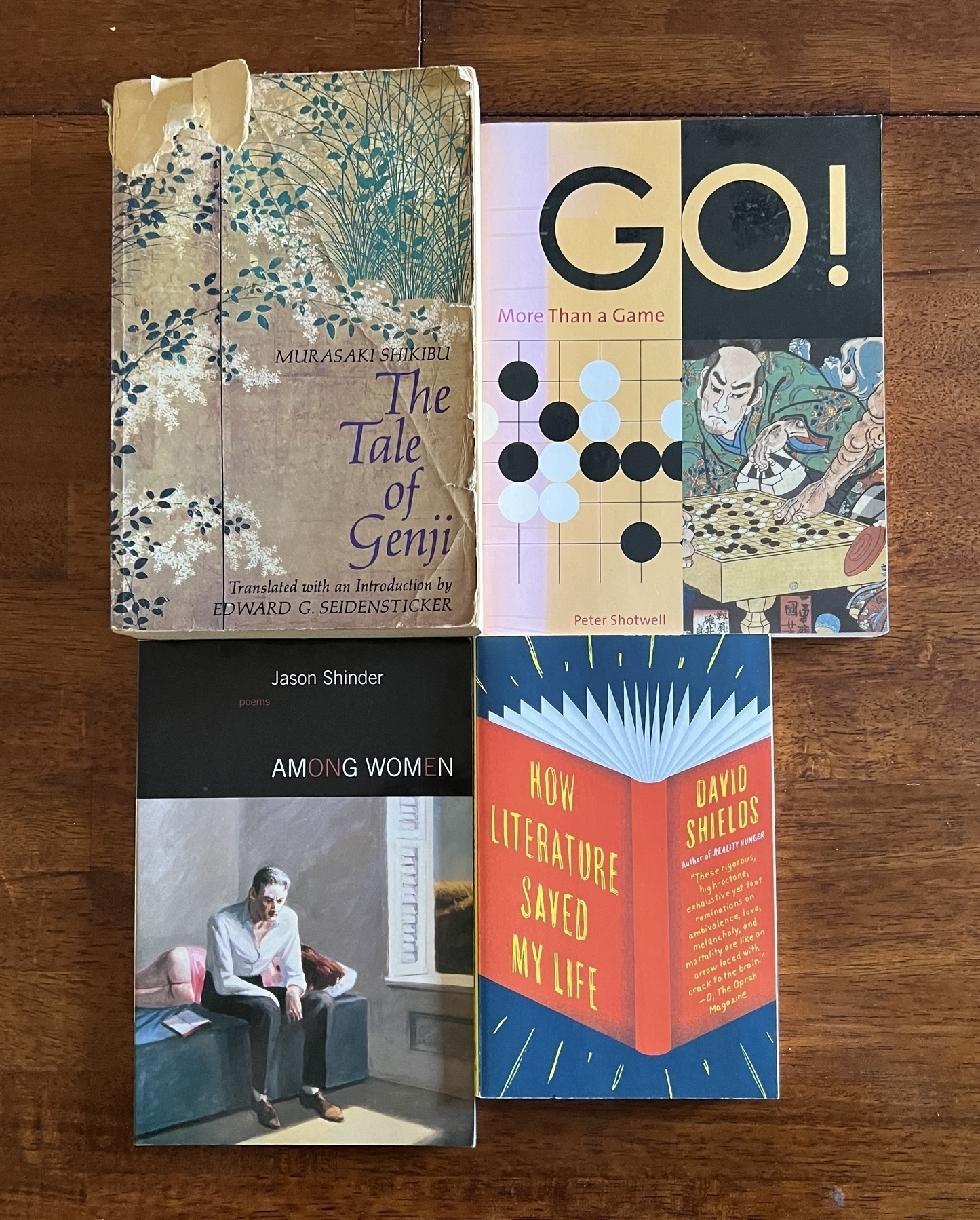
Bookshelf Juxtapositions #117
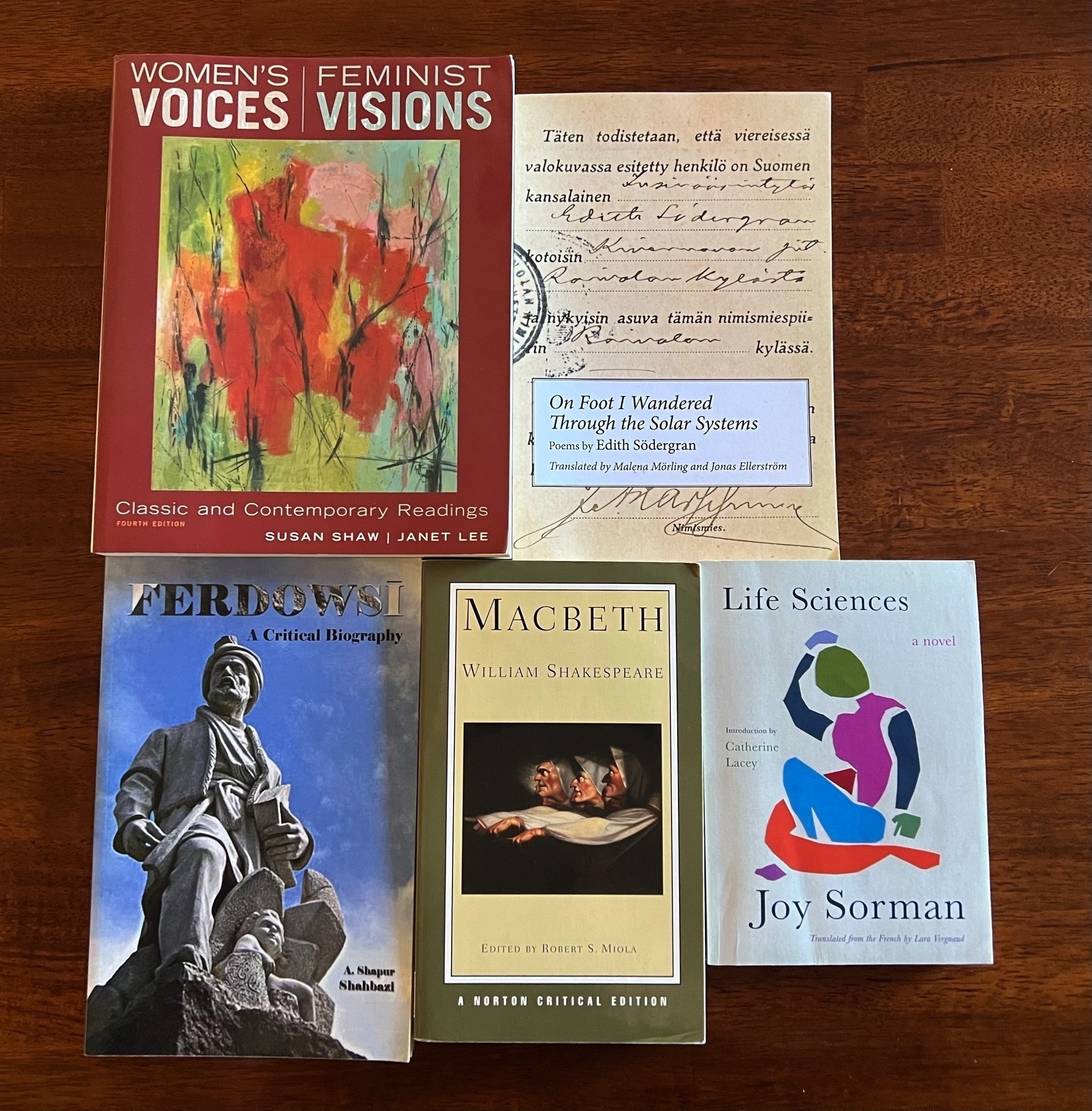
Portal to another dimension
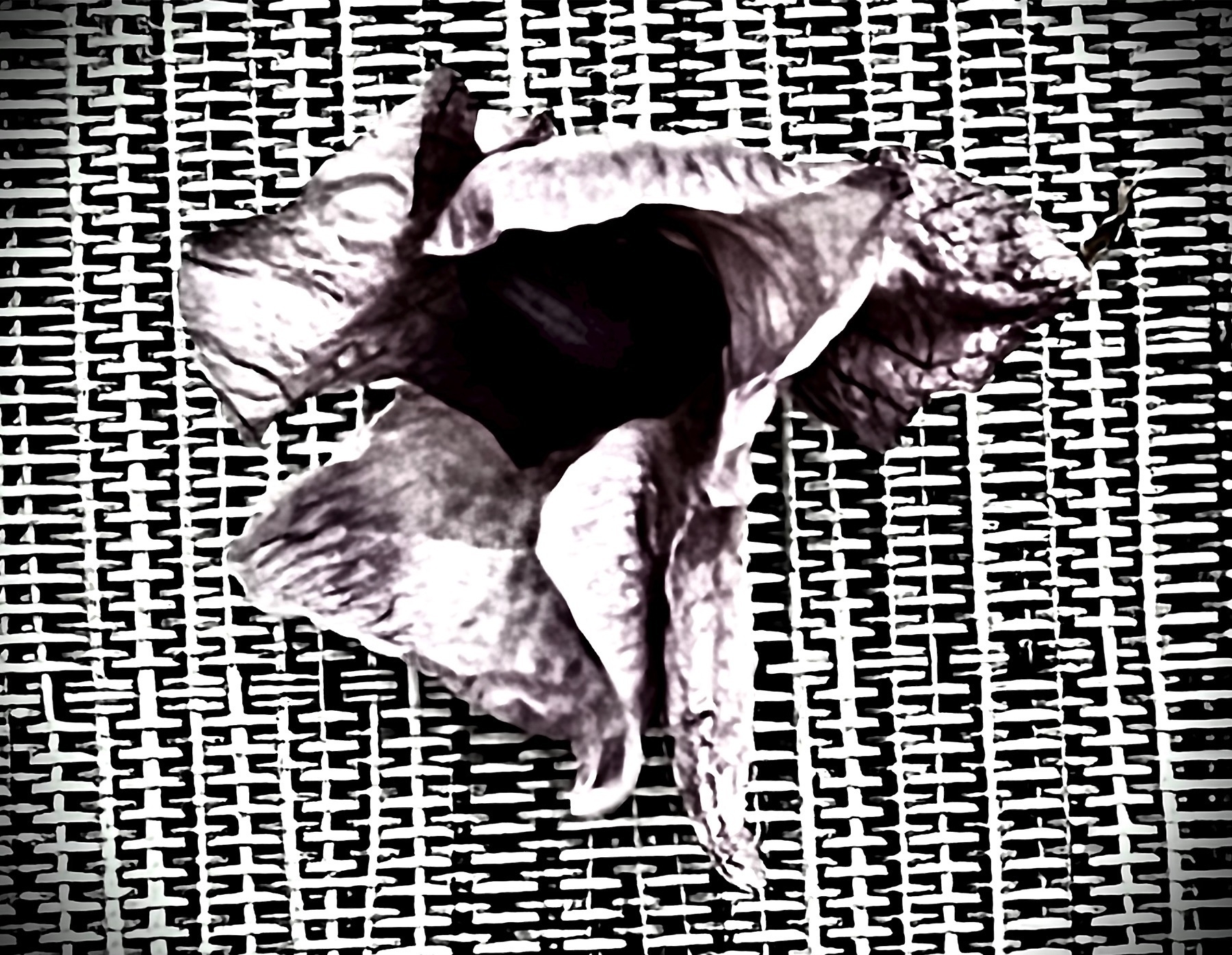
Bookshelf Juxtapositions #116
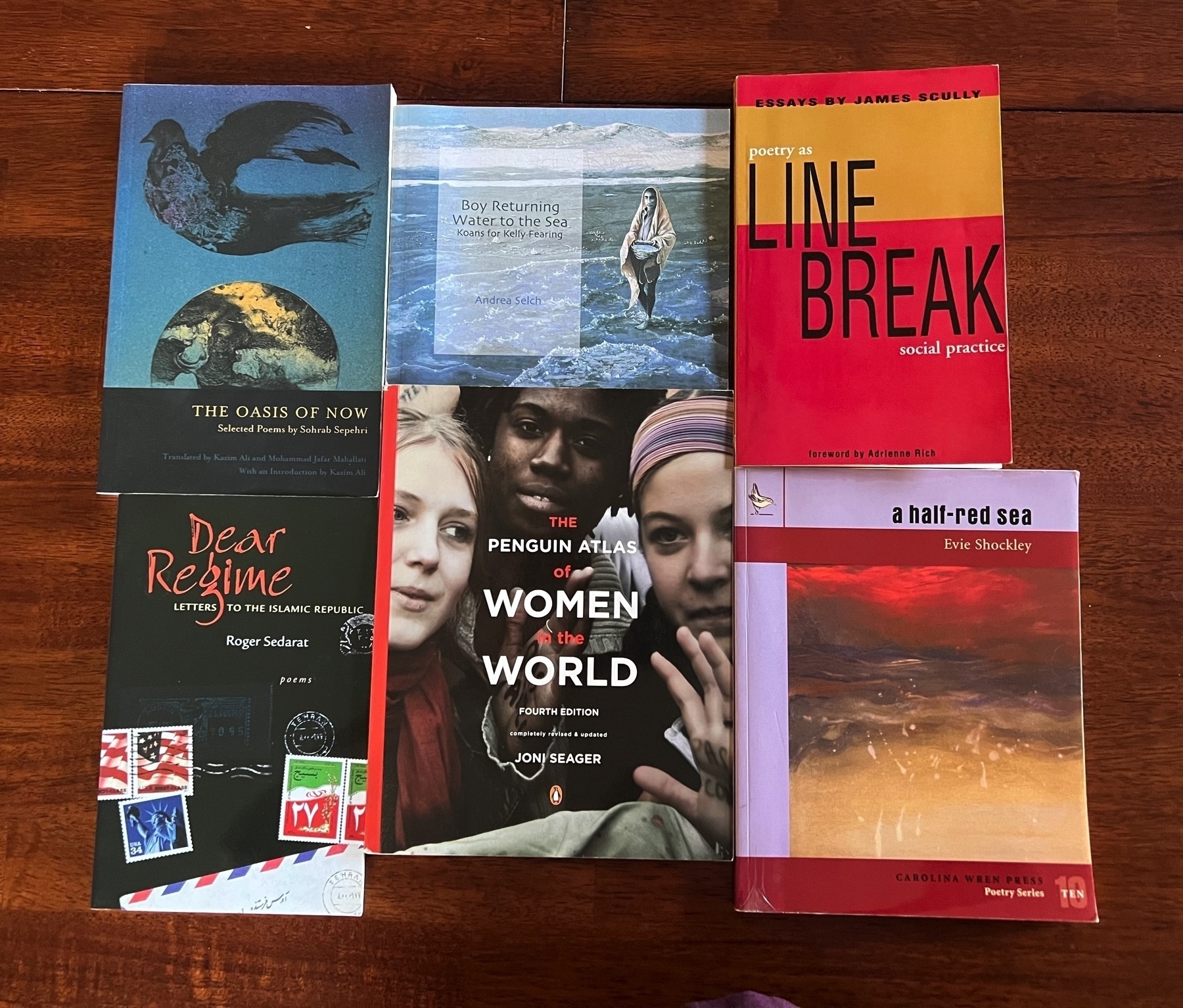
First night! Chag Sameach!
